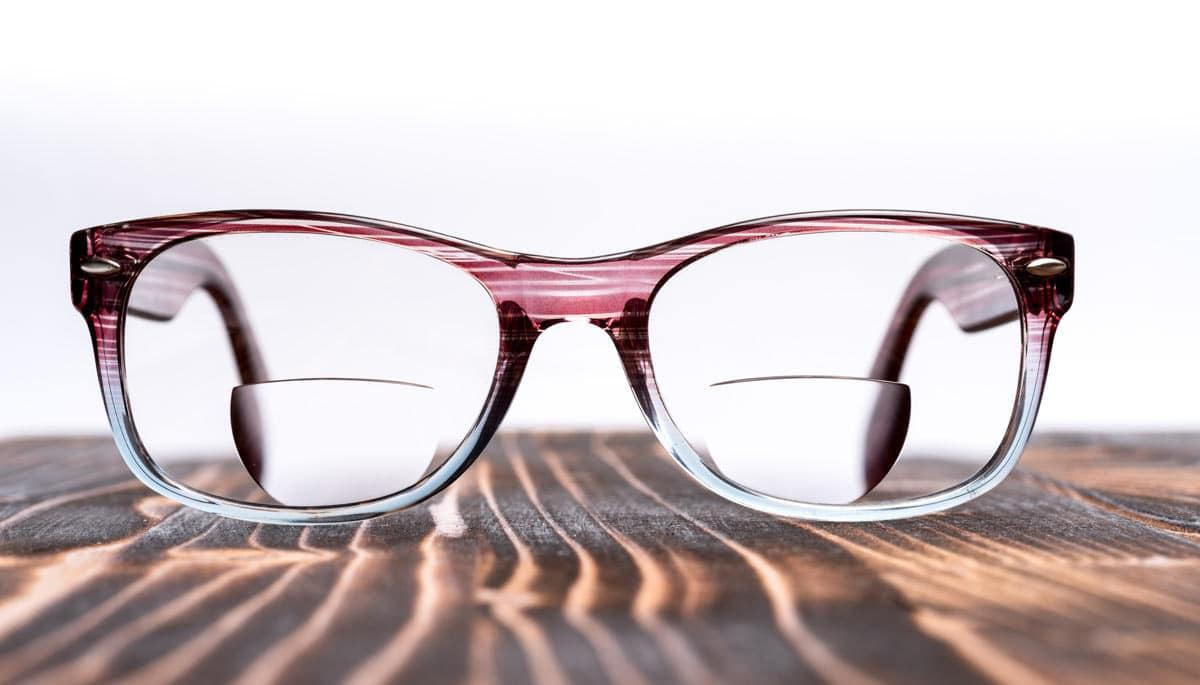Bifocal And Multifocal Contacts What'S The Difference

- posted: Apr. 02, 2024
Bifocal And Multifocal Contacts: What's The Difference?
Bifocal and trifocal eyeglasses have long been solutions for individuals with refractive errors such as nearsightedness, farsightedness, and astigmatism, combining more than one prescription strength on a lens. While bifocal and trifocal contact lenses have also been available for some time, advancements in materials and effectiveness have increased their popularity in recent years. If you reside in or near Pompano Beach and are looking for an optometrist near you, consider reaching out to our team at Atlantic Eye Care & Spa.
How Bifocal and Trifocal Contact Lenses Work
Bifocal and trifocal contact lenses, often referred to as multifocal lenses, serve the same purpose and function similarly to their eyeglass counterparts, albeit with some crucial distinctions. Multifocal lenses address presbyopia or age-related farsightedness, which leads individuals over 40 to struggle with nearby vision. While many in this situation resort to reading glasses, others opt for bifocals.
Bifocals and trifocals are available in three designs, including:
- Concentric lenses: These lenses feature concentric circles, resembling a target or dart board, with near and far vision zones alternating within each circle.
- Aspheric lenses: Operating akin to progressive lenses, these lenses have one prescription strength at the center gradually transitioning to a different strength at the perimeter.
- Segmented bifocal lenses: Functioning like bifocal glasses, these lenses have one prescription strength at the bottom and another at the top of the lens.
Concentric and aspheric lenses adjust with your eye movements, necessitating a brief "training" period as your eyes and brain adapt to using the lenses. Segmented lenses, on the other hand, are rigid gas-permeable lenses that remain in place, with one prescription always on top and the other at the bottom. Aspheric or progressive lenses typically yield optimal results for mild presbyopia cases, while concentric and segmented bifocals are effective for advanced farsightedness.
Which Lens Type Will Work for Me?
Your eye doctor will recommend multifocal contacts based on your prescription, ocular characteristics, and lifestyle. However, during the fitting process or at-home trial, you may experiment with various types to determine the most suitable option.
Obtaining Bifocal or Trifocals at Atlantic Eye Care & Spa
Contact our team at Atlantic Eye Care & Spa if you are contemplating multifocal lenses, have other vision requirements, or seek an optometrist nearby in Pompano Beach, FL. Call us today at (954) 946-3939 or utilize our request form to schedule an appointment.

- posted: Apr. 02, 2024
Bifocal And Multifocal Contacts: What's The Difference?
Bifocal and trifocal eyeglasses have long been solutions for individuals with refractive errors such as nearsightedness, farsightedness, and astigmatism, combining more than one prescription strength on a lens. While bifocal and trifocal contact lenses have also been available for some time, advancements in materials and effectiveness have increased their popularity in recent years. If you reside in or near Pompano Beach and are looking for an optometrist near you, consider reaching out to our team at Atlantic Eye Care & Spa.
How Bifocal and Trifocal Contact Lenses Work
Bifocal and trifocal contact lenses, often referred to as multifocal lenses, serve the same purpose and function similarly to their eyeglass counterparts, albeit with some crucial distinctions. Multifocal lenses address presbyopia or age-related farsightedness, which leads individuals over 40 to struggle with nearby vision. While many in this situation resort to reading glasses, others opt for bifocals.
Bifocals and trifocals are available in three designs, including:
- Concentric lenses: These lenses feature concentric circles, resembling a target or dart board, with near and far vision zones alternating within each circle.
- Aspheric lenses: Operating akin to progressive lenses, these lenses have one prescription strength at the center gradually transitioning to a different strength at the perimeter.
- Segmented bifocal lenses: Functioning like bifocal glasses, these lenses have one prescription strength at the bottom and another at the top of the lens.
Concentric and aspheric lenses adjust with your eye movements, necessitating a brief "training" period as your eyes and brain adapt to using the lenses. Segmented lenses, on the other hand, are rigid gas-permeable lenses that remain in place, with one prescription always on top and the other at the bottom. Aspheric or progressive lenses typically yield optimal results for mild presbyopia cases, while concentric and segmented bifocals are effective for advanced farsightedness.
Which Lens Type Will Work for Me?
Your eye doctor will recommend multifocal contacts based on your prescription, ocular characteristics, and lifestyle. However, during the fitting process or at-home trial, you may experiment with various types to determine the most suitable option.
Obtaining Bifocal or Trifocals at Atlantic Eye Care & Spa
Contact our team at Atlantic Eye Care & Spa if you are contemplating multifocal lenses, have other vision requirements, or seek an optometrist nearby in Pompano Beach, FL. Call us today at (954) 946-3939 or utilize our request form to schedule an appointment.
Location
Atlantic Eye Care & Spa
2641 E Atlantic Blvd #102
Pompano Beach, FL 33062


